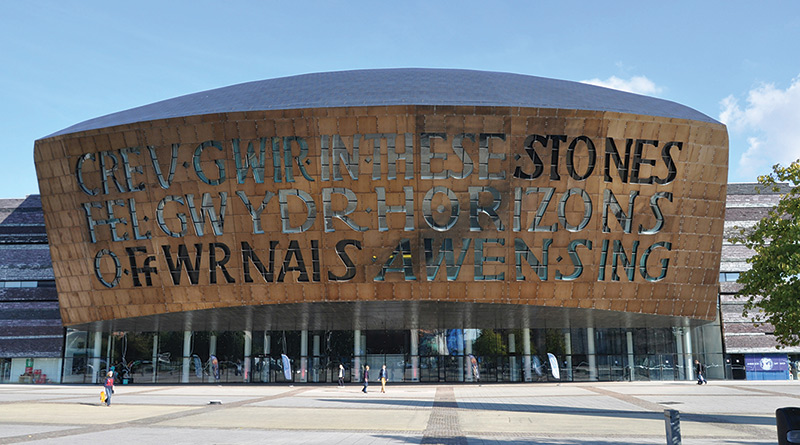Welsh Government Urged To Rethink Taxing Kid’s Holidays

UKHospitality Cymru called for the Welsh Government to rethink its insistence on taxing children in its Visitor Levy and instead consider the impact this will have on families’ ability to holiday in Wales.
The calls follow Welsh Government’s Finance Secretary Mark Drakeford telling the Senedd’s Finance Committee that the Visitor Accommodation Bill would not exempt children from the levy simply because it would create a “significant fall” in revenue. He said the charge was “less than the cost of a cup of coffee”.
David Chapman, Executive Director of UKHospitality Cymru, said:
“It may be the price of a coffee in high-end parts of Cardiff but a local family with four children face paying, with VAT, £12 a night or £84 a week extra to holiday in their own country.
“Why are Welsh Government taking this position? The businesses that will have to charge their customers and the Councils who will receive the cash appear in agreement, according to the Welsh Local Government Association’s evidence to the same committee.”
“For those involved it is unanimous – scrap plans to charge children.”
“I would expect the Welsh Government to want to incentivise families to take a much-needed holiday or schools to run an education trip in our fantastic country, but instead they’re pursuing a Visitor Levy that is about money at all costs.”
“What about personal development, the consideration of health and wellbeing that a holiday brings or the positive consequences of family holidays that match the aspirations of the Well-being of Future Generations Act”?
“The Welsh Government needs a complete reset on this tax. It should reevaluate why it’s doing this and what the unintended consequences for families across Wales could be.
“If it is insistent on pursuing a tourist tax, its funds should be ringfenced to benefit sustainable tourism, protect family holidays, and come with a commitment to work together to attract more people to enjoy our landscapes, cities, heritage and culture.”
